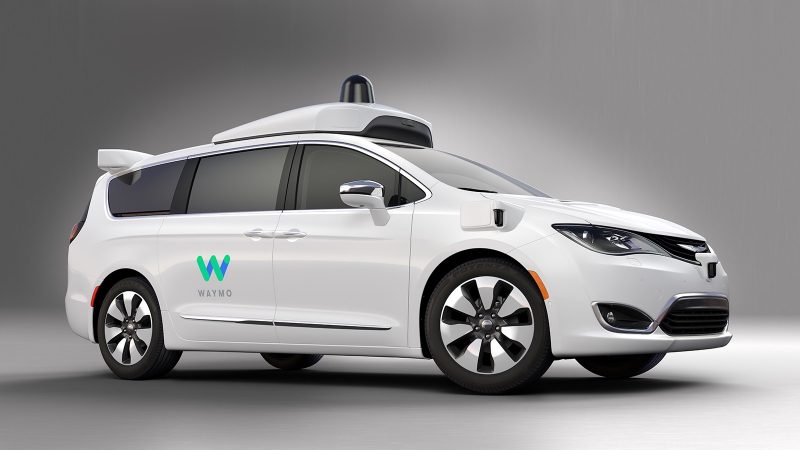Waymo wants to do everything itself. The self-driving automobile division of Google’s parent company Alphabet, has announced that it is building all of its self-driving automobile hardware in-house. That means Waymo is manufacturing its own lidar.
This shouldn’t come as a surprise. Two years ago the project director for Google’s self-driving car project started dropping hints that the tech company would be building its own lidar sensors. At the time, their self-driving prototype used a $70,000 Velodyne lidar sensor, and Google felt the price was too high to justify mass-production. Rather than wait for the market to produce a cheaper sensor, Google started developing its own.
In the intervening time automotive lidar has become a red-hot market segment. It seems like every month brings a new company announcing a low-cost sensor. But it turns out that Google was not deterred: At the Detroit Auto show last Sunday, Waymo’s CEO announced that the company had produced its own lidar, and brought the technology’s price down “by more than 90%.”
A quick bit of napkin math puts the final number at about $7,500. Attentive readers will note that the unit’s cost is notably higher than solid-state offerings from Quanergy, Innoviz, and a number of other competitors.
However, many of those sensors are not currently available on the market, despite lots of press attention and big PR pushes. Waymo’s sensors, on the other hand, are available right now–at least to Waymo. They’re also made exactly to spec. The company says that it has already developed a long-range and a short-range sensor.
Alongside this news, Business Insider notes that Waymo has said it won’t be “physically building cars.” Instead, the company “intends to instead supply self-driving tech to other companies.” This means that Waymo is setting itself up to offer some of the cheaper self-driving technology currently on the market. It is already working with Chrysler, for example, on an autonomous ride-sharing service that could be a real competitor for Uber’s forthcoming service.
That leaves a fews questions: How long before Waymo starts making its own solid-state lidar? And what other plans does Google have for the lidar it already produces in-house?






